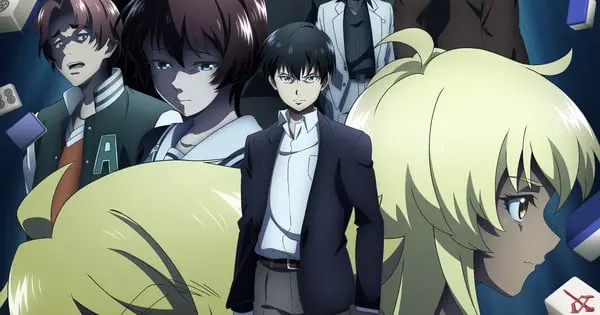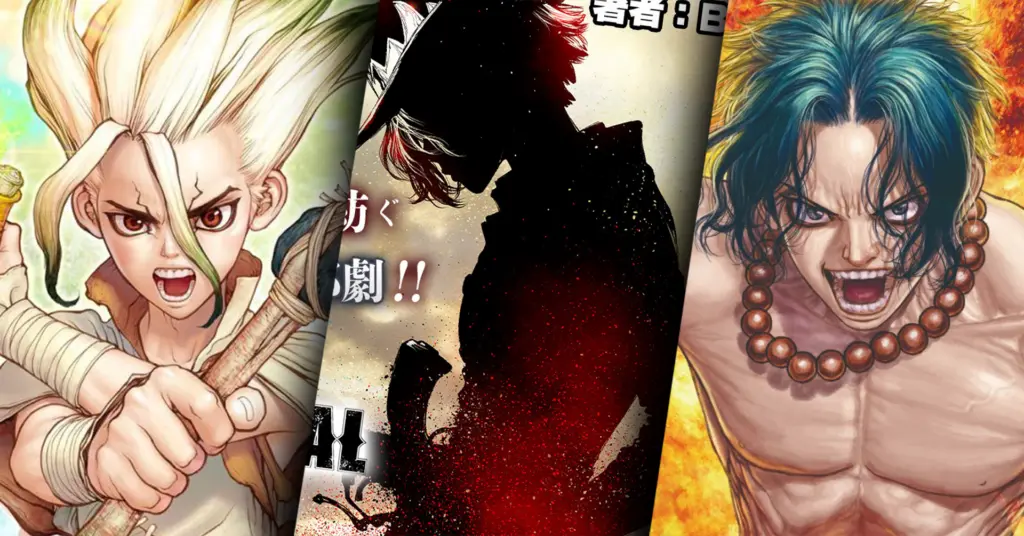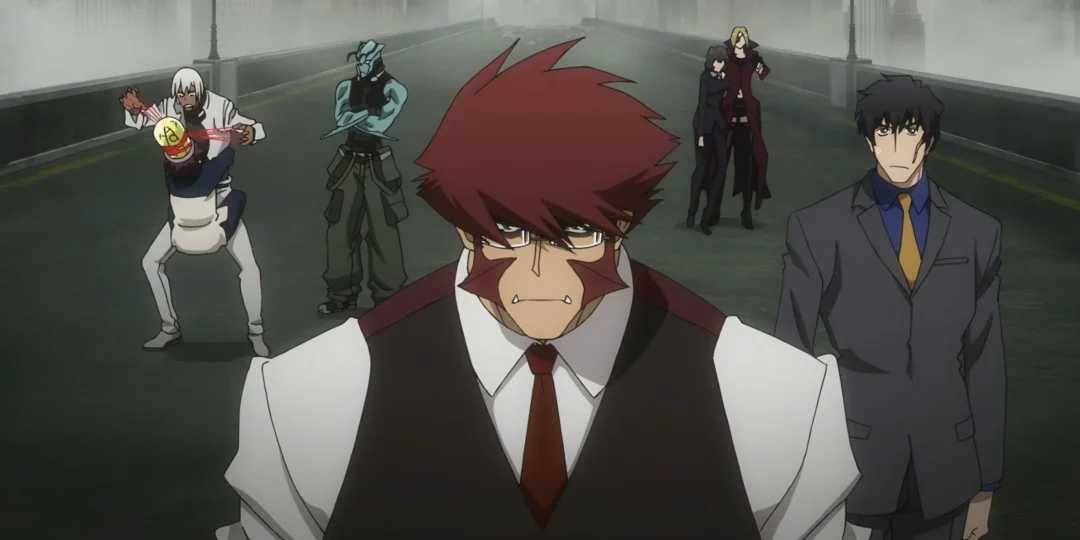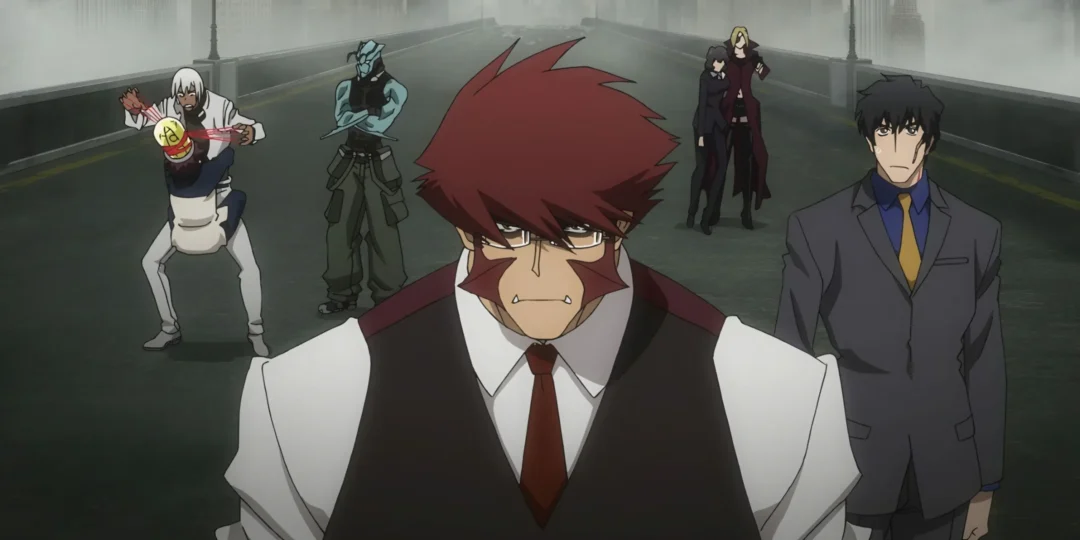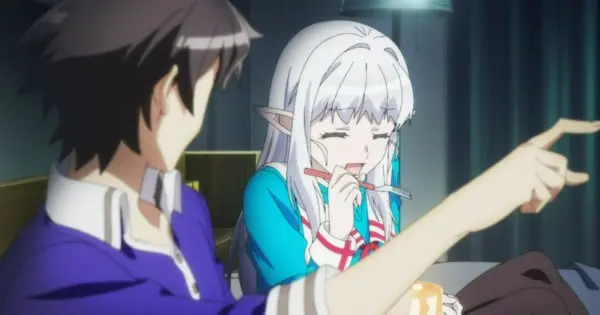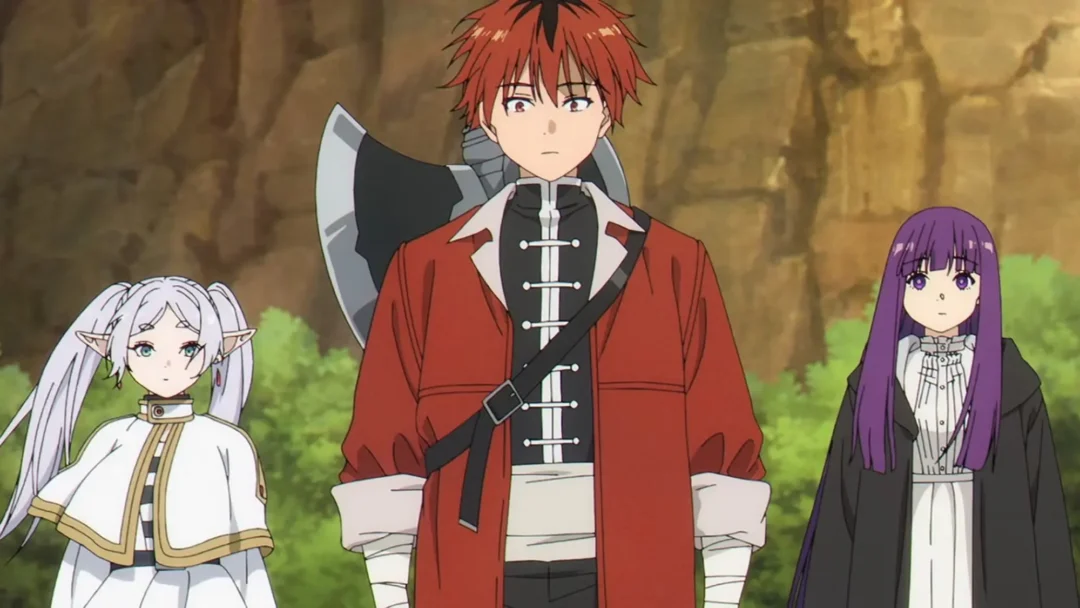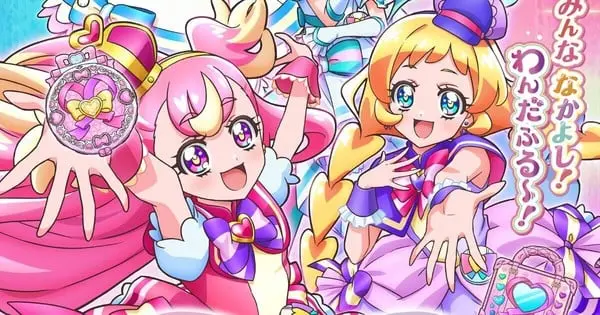The widely acclaimed manga and anime series, Frieren: Beyond Journey’s End, has captivated audiences worldwide with its poignant exploration of time, loss, and the human condition. However, many fans are unaware that the series’ initial concept was drastically different from the contemplative fantasy epic it is today. Originally, creator Kanehito Yamada envisioned Frieren as a lighthearted comedy centered around a hero and a demon king, a far cry from the introspective narrative that has garnered numerous awards and critical acclaim.
The Original Concept: A Comedy Manga
According to an interview with Weekly Shonen Sunday editor Kazunori Oshima, Yamada’s first pitch in 2019 was for a gag manga. This version would have likely focused on humorous interactions between the characters, potentially playing on the absurdities of classic hero-versus-villain dynamics. The initial concept positioned Frieren as a comical fighter obsessed with killing demons, a far cry from the nuanced character she would later become. This comedic approach would have placed the series in a very different category within the fantasy genre, potentially becoming an episodic adventure rather than the emotional journey it is now known for.
A Shift in Creative Vision
The shift from a lighthearted comedy to a more somber, reflective story came as the creative process developed. As editor Katsumasa Ogura noted, he was impressed with the early artwork from Tsukasa Abe and felt that there was potential for something more. Instead of focusing on a hero’s grand adventures, the revised story begins after the hero, Himmel, has already died, leaving Frieren to grapple with the fleeting nature of human life.
This change in direction led to a story centered around grief and the passage of time, allowing the series to explore themes of mortality and the impact of human connections. This major transformation resulted in a deeply emotional narrative, that resonated strongly with readers.
The Evolution of Frieren’s Character
The character of Frieren herself underwent a significant transformation during the planning stages. Initially envisioned as a comical fighter, Yamada scrapped multiple ideas before deciding to make her an elf with a long lifespan, who gradually grows throughout the story as she remembers Himmel. This concept allowed the story to explore the differences in how elves and humans perceive time and relationships. The series beautifully contrasts Frieren’s seemingly endless existence with the relatively short lives of her human companions, highlighting the impact of time on memory and emotional development.
Himmel’s Role and Flashbacks
Even though Himmel dies at the beginning of the story, his appearances in flashbacks are crucial for depicting Frieren’s emotional growth. These flashbacks, often triggered by seemingly mundane events, serve as a poignant reminder of the human connections Frieren once had and is slowly starting to understand. The anime adaptation notably enhances these moments, using visual cues and the soundtrack to further emphasize the emotional impact of these memories. The careful use of flashbacks in the series also reinforces its core theme: the importance of appreciating the present and cherishing the time spent with loved ones, especially when faced with the inevitability of loss.
Thematic Depth and Emotional Resonance
The decision to move away from the initial comedic premise and towards a more emotional and philosophical approach proved to be pivotal for the series’ success. The focus on Frieren’s introspection and journey of self-discovery, combined with her grappling with the loss of Himmel, allows the series to explore complex themes of grief, regret, and the meaning of life. The series uses Frieren’s unique perspective as an immortal being to provide insightful commentary on the human experience. This departure from a lighthearted gag manga resulted in a story that leaves a lasting emotional impact on its audience.
Critical and Commercial Success
The shift in tone and focus was met with widespread acclaim. Frieren: Beyond Journey’s End has won numerous awards, including the Grand Prize at the Manga Taisho Awards, and the New Creator Prize at the Tezuka Osamu Cultural Prize. The manga has sold over 17 million copies, a testament to its popularity and critical success. Furthermore, the anime adaptation has further boosted its popularity and critical acclaim by faithfully capturing the essence of the manga. This success is a testament to how a change in creative direction can lead to a story that deeply resonates with readers and viewers alike.
From a Short Series to a Continuing Saga
Originally conceived as a short-run serialization, the positive reception and high volume of initial book prints (80,000 copies for the first volume), indicated that the editors saw the potential in the series early on. The series was first published in April 2020 and has since grown to 13 volumes. A prequel novel titled, Soso no Frieren ~Zenso~, was released in April 2024, further expanding the Frieren universe and providing more insights into the characters’ backstories. Despite a brief hiatus in late 2024, the series continues to be a popular title in both the manga and anime industries.
The Impact of the Anime Adaptation
The anime adaptation has been instrumental in further popularizing the series, showcasing the series’ beautiful animation and evocative soundtrack. The anime series premiered in September 2023 with a two-hour special, which is very unusual for a television series, highlighting the confidence the studio had in the story. Studio Madhouse, the studio responsible for the adaptation, is known for its high-quality work, bringing the characters and world of Frieren to life with great care and detail. The animation captures the subtle emotional nuances of the characters, further enhancing the viewer’s experience. The success of the anime has also led to increased sales of the manga, showing the complementary nature of the two formats.
Conclusion
The journey of Frieren: Beyond Journey’s End from a lighthearted comedy concept to a critically acclaimed, emotional fantasy epic is a testament to the power of creative vision and the willingness to adapt and explore deeper themes. By choosing a more contemplative and introspective path, the creators have crafted a story that has resonated with millions of readers and viewers, highlighting the importance of embracing change and pursuing stories that connect to the human experience.

